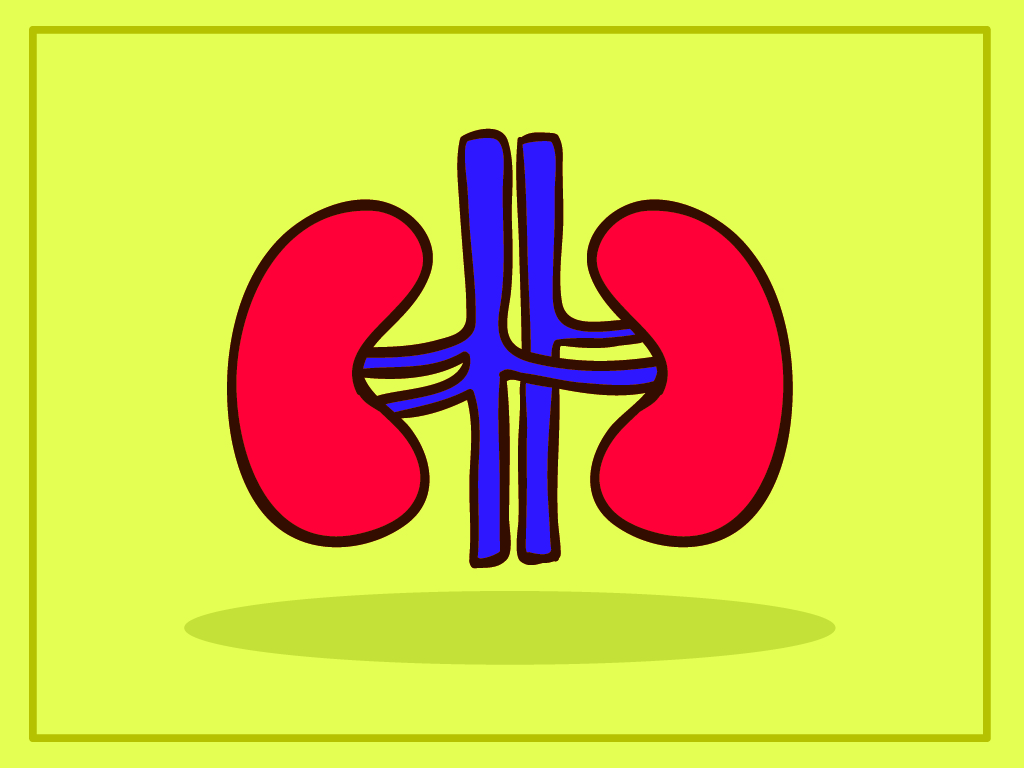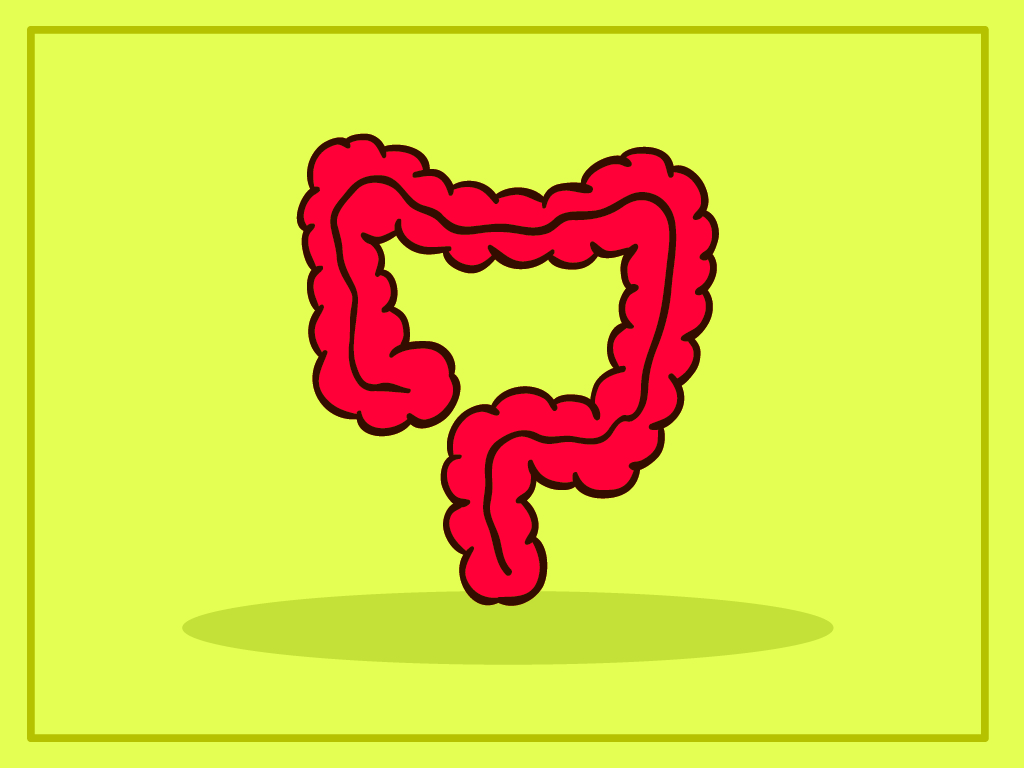How can diabetes affect your body?
- It can affect the kidneys, causing diabetic kidney disease.
- It can affect the gastrointestinal tract, causing complications such as intestinal enteropathy, gastroparesis, and nonalcoholic fatty liver disease.
- It can cause your gums and teeth to inflame, thus leading to the destruction of the teeth, bone, gums, and fibers that support the gums.
Extensive treatments and medicines for diabetes can be avoided if it’s treated early, properly, and regularly. Doing so otherwise can lead to further complications in one’s body which could potentially hinder them from executing simple, everyday tasks.
Moreover, understand that diabetes is a disease that decreases the body’s resistance to bacteria. Hence, its effect on the different parts of the body is especially dangerous. While there are certain areas that often suffer the effects of diabetes the most, such as the heart and blood vessels, nerves, and eyes, here are the three other different areas that diabetes affects in your body and how it can affect one’s overall health:

Kidneys
As aforementioned, not only can diabetes affect the heart and the eyes, but also the kidneys. This particular disease is called diabetic kidney disease, and as its name implies, it’s caused exclusively by diabetes. This disease’s symptoms aren’t as obvious as other diseases, however, it can still be progress over the years without the patient knowing. Do note that swelling feet and legs are clear signs, though.
Now, the danger of diabetic kidney disease lies in the fact that the kidneys are what filters the wastes and water out of the blood in order to create urine. It also contributes to controlling the blood pressure and the creation of hormones in order to keep one’s body healthy. So, if it’s damaged, it can’t filter the blood causing waste to pile up internally.
Moreover, according to the National Institute of Diabetes and Digestive and Kidney Diseases’ website, diabetes is the common cause of kidney disease. In fact, the ratio of adults with diabetes that has also acquired kidney disease is 1 out of 4. Fortunately, there are drugs which lowers the blood pressure that can help avoid the risk of kidney failure for about 33%.

Gastrointestinal tract
Diabetes can also affect your gastrointestinal tract, or that long tube in the body that serves as the pathway for food from your mouth to your intestines. It mainly affects is your digestive system, thus causing nausea, vomiting, postprandial fullness, and bloating.
Complications that could arise from this include intestinal enteropathy, gastroparesis, and nonalcoholic fatty liver disease, all of which affect the processing of food and wastes in the body.
In addition, the Diabetes Control and Complications Trial suggests that poor management of blood sugar levels is the leading reason for complications of gastrointestinal tract diabetes. This is specifically emphasized for those who have type 1 diabetes, neuropathy, and other similar complications in the same area of the body.

Gums and Teeth
Diabetes can affect a surprising amount of the body, and so it may come as no surprise that it can also cause issues in one’s teeth or gums. Mainly because diabetes lowers the body’s ability to resist infection, it causes the gums to be vulnerable to inflammation from bacteria from the plaque; this is known as gingivitis.
Without regular dental checkups, the severity of gingivitis and its accompanying effects can cause further inflammation in one’s mouth. In more extreme cases, it can even cause the destruction of the parts that support the various areas of the mouth (such as the gums, bones, teeth, and its fibers).
Moreover, diabetics may also experience fungal infections, burning mouth syndrome, or a dry mouth, all of which can lead to tooth decay.
Key Takeaway
To conclude, diabetes should be taken care of in the early stages to avoid further complications. Treatment may be tough, however, with regular visits to the doctor and proper taking of medicine for diabetes, this can be controlled to avert the potential for any more health risks.